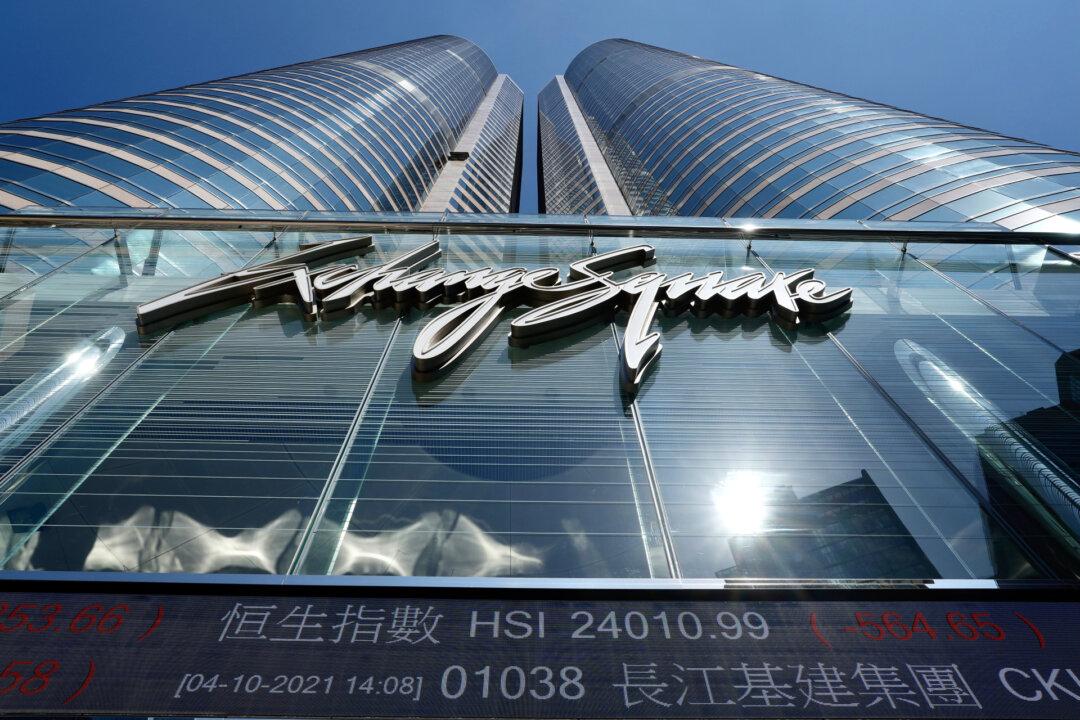A midsize Chinese property developer’s failure to make over $300 million in payments to lenders is deepening fears of turmoil in the real estate sector in the world’s second-largest economy, where the country’s top-selling developer is teetering the edge of collapse.
Fantasia Holdings Group, a Shenzhen-based developer, missed paying $206 million worth of bonds that matured on Monday, its filing with the Hong Kong Stock Exchange shows. It gave no further explanation but said it had requested a halt on the trading of its shares beginning on Sept. 29.





